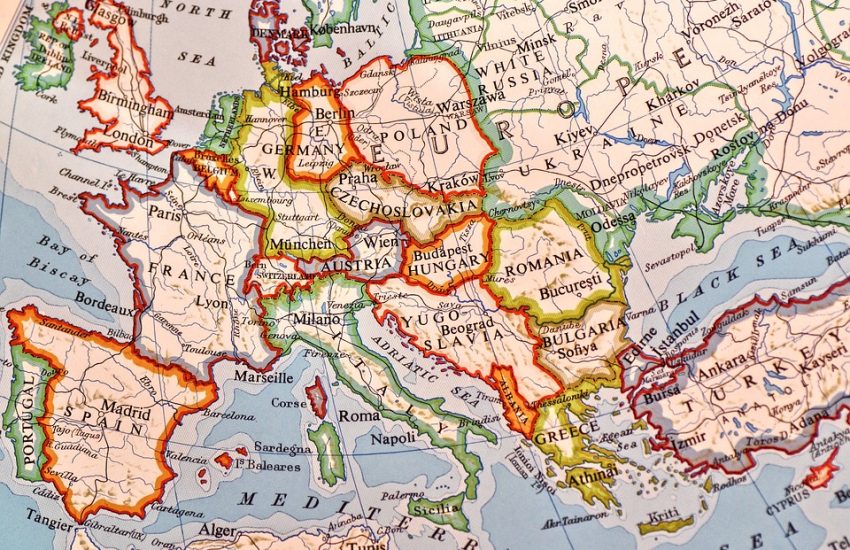Political Corruption Scandals: The Latest Revelations
In recent years, political corruption scandals have dominated headlines around the world. From embezzlement to bribery, politicians have been caught engaging in unethical and illegal behavior that have eroded public trust in the government. The latest revelations in political corruption scandals shed light on the extent of this pervasive issue and raise important questions about accountability and transparency in the political sphere.
The Panama Papers: A Global Scandal
One of the most high-profile political corruption scandals in recent memory is the Panama Papers leak. In 2016, a massive trove of documents from the Panamanian law firm Mossack Fonseca was released to the public, revealing the offshore accounts and shell companies of politicians, celebrities, and business leaders around the world. The Panama Papers exposed how the wealthy and powerful use offshore tax havens to evade taxes and launder money, perpetuating a culture of corruption that undermines the rule of law.
The Panama Papers scandal implicated numerous politicians, including heads of state and government officials from countries such as Russia, Ukraine, and Iceland. The revelations resulted in the resignation of Iceland’s Prime Minister and sparked widespread calls for reform in the financial sector. The Panama Papers demonstrated the need for greater transparency and oversight to combat the hidden networks of corruption that enable the wealthy to exploit the global financial system for their own gain.
The 1MDB Scandal: Corruption at the Highest Levels
Another major political corruption scandal that has come to light in recent years is the 1MDB scandal in Malaysia. The 1Malaysia Development Berhad (1MDB) sovereign wealth fund was established by former Prime Minister Najib Razak in 2009 to promote economic development in the country. However, the fund became embroiled in allegations of embezzlement and money laundering, leading to investigations and charges against Razak and other government officials.
The 1MDB scandal exposed how billions of dollars were siphoned off from the fund and used to finance lavish lifestyle expenses for Razak and his associates. The revelations of corruption at the highest levels of the Malaysian government shocked the public and led to Razak’s defeat in the 2018 general election. The 1MDB scandal highlights the need for stronger institutions and checks and balances to prevent politicians from abusing their power for personal gain.
Implications for Democracy and Governance
The latest revelations in political corruption scandals have far-reaching implications for democracy and governance. When politicians are caught engaging in corrupt behavior, it erodes public trust in the government and undermines the legitimacy of the political system. Corruption perpetuates inequality and undermines the rule of law, creating a culture of impunity where the powerful can act with impunity without fear of consequences.
To address political corruption scandals, governments must strengthen anti-corruption measures, promote transparency and accountability, and enforce laws that hold corrupt officials accountable for their actions. Civil society organizations, the media, and concerned citizens play a crucial role in exposing corruption and holding politicians to account for their actions. Only by working together to root out corruption can we build a more just and equitable society.
Conclusion
The latest revelations in political corruption scandals serve as a stark reminder of the urgent need for reform in the political sphere. From the Panama Papers to the 1MDB scandal, these cases highlight the pervasive nature of corruption and the damage it inflicts on society. By shining a light on corruption and demanding accountability from our leaders, we can create a more transparent and just government that serves the interests of all its citizens.


